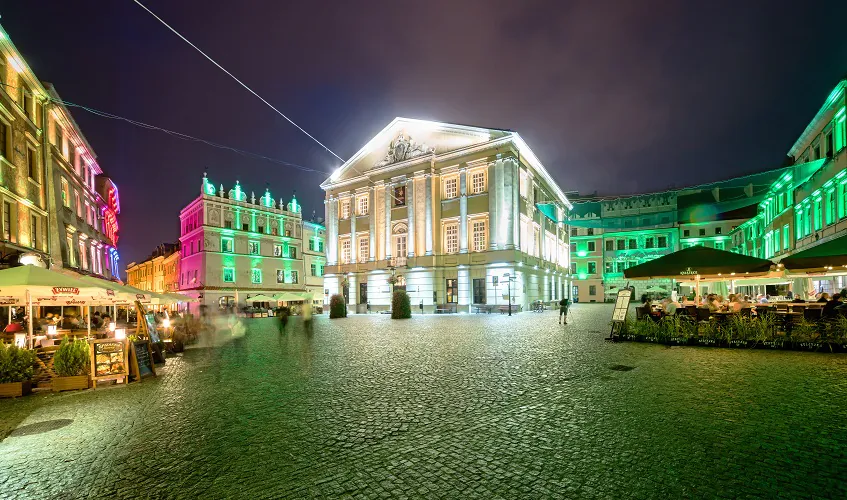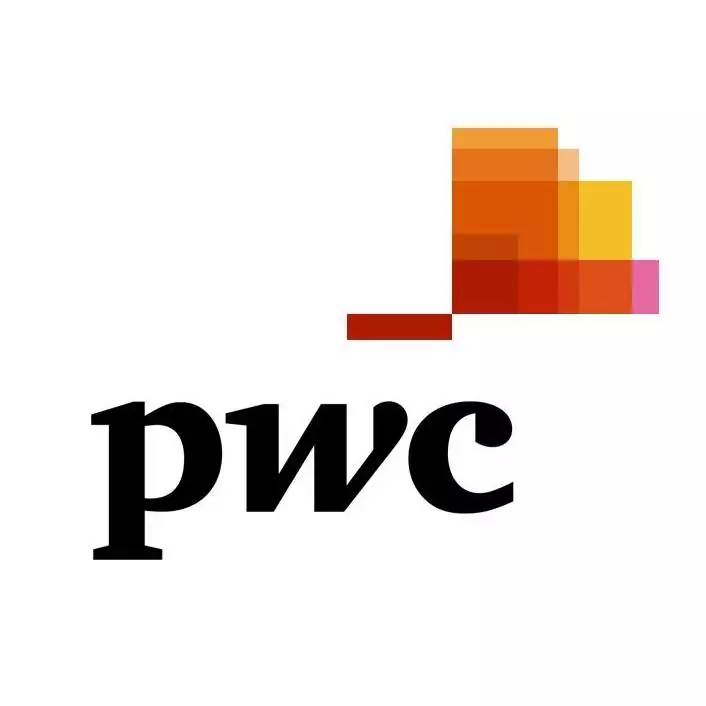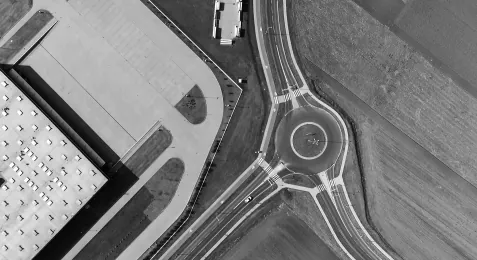Lublin Info Centre
Polish Metropolitan Cities – Lublin under the watchful eye of PwC experts

The 4th edition of the report, which has been drawn up every four years since 2007, for the first time presents not only major cities of Poland, but also their entire metropolitan areas. The study takes into account 7 capitals which together create a broader picture of the development of 12 cities covered by the report, namely Institutional and Democratic Capital, Sources of Funding, Attractiveness for Investments, Culture and Image, Human and Social Capital, Quality of Life, as well as Technical and Infrastructural Capital.
What differentiates Lublin from other Polish cities is the level of expenditures for culture and protection of cultural heritage, which exceeds the average for 12 cities by more than 40%. The same applies to the number of theatrical performances as compared to other metropolises analyzed (over 50% over the average). Lublin is also noted for the considerable share of its investment expenditures in the total expenditures of the city (14.9%), which ranks Lublin 3rd among all 12 metropolises, and the capital city of Lubelskie is one of the country’s leaders in terms of obtaining EU funding. Nonetheless, “the potential of skilled workforce, relatively low costs of running a business activity and of a substantial number of start-ups is still not utilized enough”, the report says.
About 67% of citizens of the metropolitan area of Lublin boast higher education degree or have completed secondary education. What is interesting, a substantial number of students choose technical studies, including IT which is one of the city’s specializations reflected in the development of the IT Upland initiative. Lublin scored particularly high for Quality of Life it offers to its residents, as well as for the city’s Institutional and Democratic Capital. The PwC report also noted that while Lublin offers relatively good quality of public health care, it still needs to provide better conditions for the development of private health care entities. Furthermore, Lublin is highly regarded for its clean environment, cultural offer and bike infrastructure which ranks Lublin 2nd for the total length of bike paths among all Polish cities (155.3 km). Lublin also earned high marks in the study for security it offers to its residents, which is mainly due to a low indicator of crimes reported by the citizens. Interestingly, the number of crimes against people’s life and health in Lublin is two times lower than for some other cities covered by the report.
However, the study presents cities’ drawbacks too. Lublin’s biggest problems include its relatively low recognition and the value of GDP generated, which are below the average for the 12 cities. While it’s an interesting city to live, infrastructural shortages have dragged down the city in the ranking. However, the opportunities include the modernization of a railway connection between Lublin and Warsaw, as well as the development of S17 and S19 express roads. What is more, PwC reported the Lublin’s need for further action in terms of attracting big investors and developing the infrastructure for the HoReCa industry. Other recommendations include further digitization of services delivered by public institutions, or strengthening the tourist image of the city.
As the PwC report notes, “The condition for Lublin’s becoming a really successful metropolis is full utilization of its role as a knowledge and cultural centre of the region”. Finally, the report also recognized some of the projects implemented by the city and good practices for other metropolises, including Lublin IT Upland, Green Citizen’s Budget, free recreation activities for seniors under the “Active Senior on the Orlik pitch” programmes, or obtaining a Smart City certificate for Lublin’s actions aimed at sustainable development and ecological public transportation fleet.
The report (in Polish) is available here.






